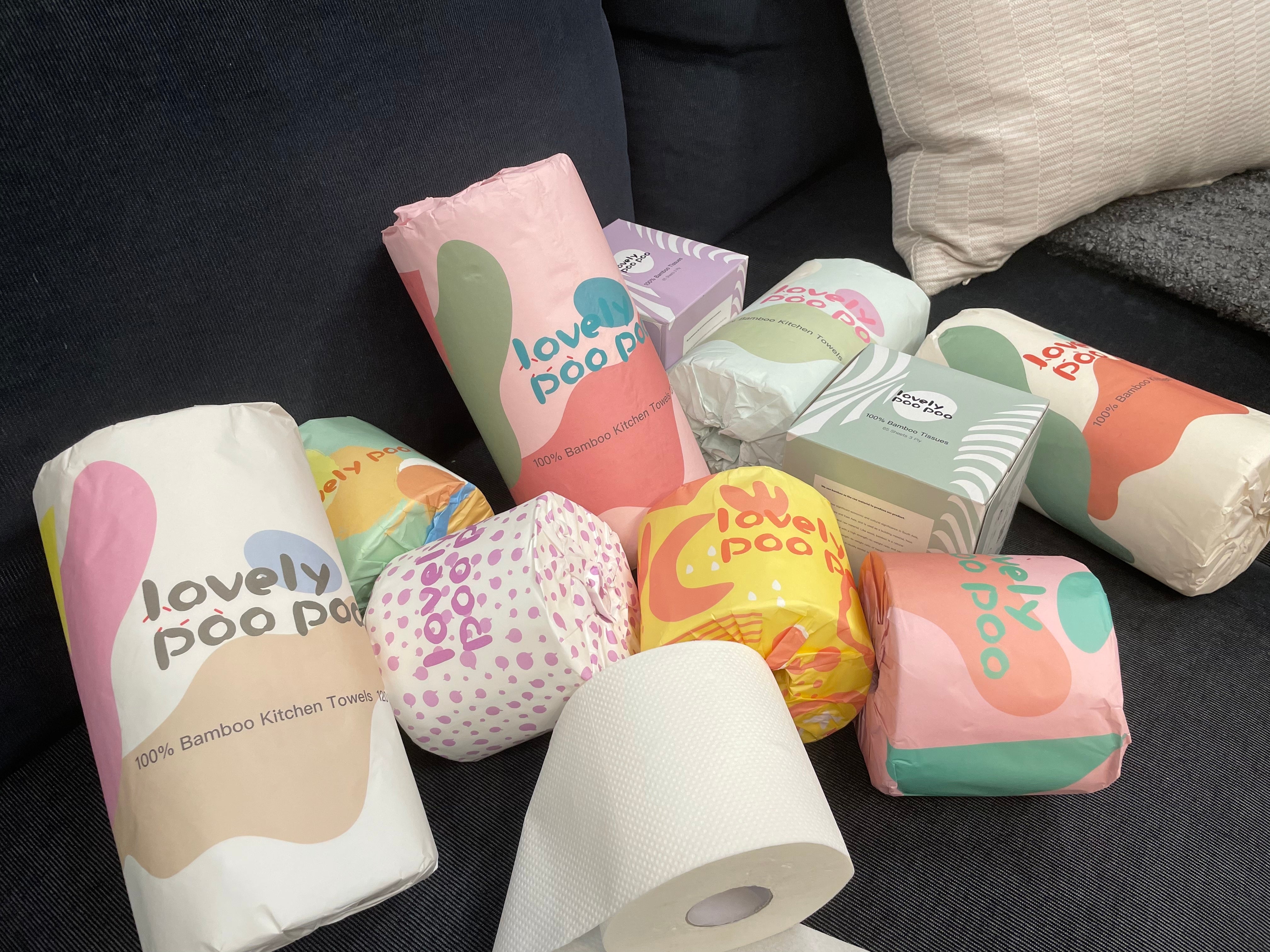In recent years,
bamboo toilet paper has been gaining popularity, and there are several compelling reasons for choosing bamboo as the raw material.
Fast growth
Bamboo is renowned for its incredibly fast growth rate. Compared to traditional tree sources for paper production, bamboo can reach maturity in a significantly shorter time. Some species of bamboo can grow several feet in a single day. This rapid growth means that bamboo can be harvested more frequently without causing long-term damage to the ecosystem. For example, a bamboo forest can be replenished much quicker than a forest of hardwood trees. This allows for a sustainable supply of raw material for toilet paper production without the extensive wait times associated with tree growth.
Significant ecological benefits
Using bamboo for toilet paper has substantial ecological advantages. Bamboo absorbs large amounts of carbon dioxide and releases oxygen, helping to combat climate change. It also helps prevent soil erosion with its extensive root system. Additionally, bamboo requires fewer pesticides and fertilizers compared to many other crops. This reduces the environmental impact of its cultivation and minimizes the risk of chemical runoff into waterways. Moreover, bamboo forests provide habitats for a variety of wildlife, contributing to biodiversity conservation.
Abundant resources
Bamboo is one of the most abundant plant resources on the planet. It grows in many regions around the world, including Asia, Africa, and South America. This wide distribution ensures a stable supply of raw material for toilet paper manufacturers. Unlike some other materials that may be limited in availability or sourced from only a few locations, bamboo's abundance makes it a reliable choice for large-scale production.
Strong renewable capacity
The renewable capacity of bamboo is remarkable. As mentioned earlier, its fast growth rate means it can be harvested and regrown continuously. This makes it a truly renewable resource. After harvesting, bamboo shoots quickly sprout again, ensuring a never-ending supply. In contrast, traditional tree-based paper sources often take decades to regenerate. By choosing bamboo toilet paper, consumers are supporting a product that is made from a resource that can be replenished over and over again.
Multifunctionality
Beyond its use in toilet paper, bamboo has multiple functions. It can be used in construction, furniture making, and even as a source of biofuel. This versatility reduces the pressure on other resources and makes bamboo an even more attractive choice. For example, in some areas, bamboo is used to build sustainable homes that are both strong and environmentally friendly. Its multifunctionality also means that research and development efforts are constantly exploring new uses for bamboo, further enhancing its value as a sustainable resource.
In conclusion, choosing bamboo as the raw material for toilet paper is a smart choice for both consumers and the environment. Its fast growth, significant ecological benefits, abundant resources, strong renewable capacity, and multifunctionality make it a superior alternative to traditional paper sources. By opting for
bamboo toilet paper, we can contribute to a more sustainable future while still enjoying a quality product.

